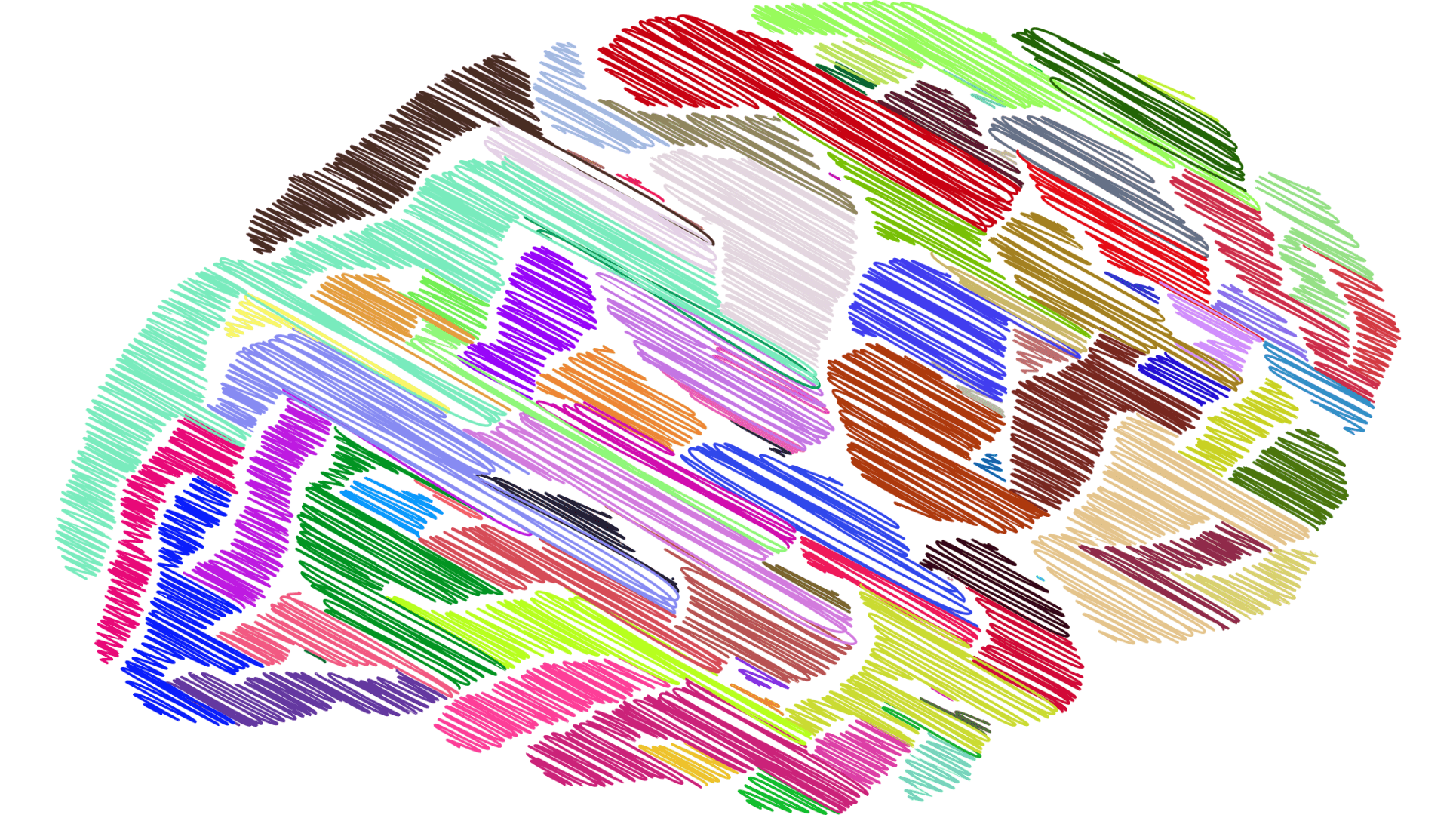
The breakdown of endocannabinoids after a traumatic brain injury causes damage
Trauma leads to hypermetabolism of 2-AG, the most prominent endocannabinoid in the human brain. Luckily, CBG can stop the excessive breakdown of the endocannabinoid, which could have a positive impact on TBI (Traumatic Brain Injury).
A brain injury prompts a search for cannabis, but a previously discussed study of veterans missed a possible cause — an endocannabinoid deficiency.
Inflammation is a large aftershock after the primary injury. The neuroinflammatory onslaught is then followed by an over-depletion of endocannabinoids. Accordingly, in a study by researchers at the University of Texas Health Science Center, 2-AG deficiency was specifically identified as a symptom of trauma. Unfortunately, consequential damage such as inflammation can last days to years after a TBI.
Immunity of an injured mind
Injuries to the brain alter an individual’s behavior and character. Less conspicuously, however, neurological damage from trauma can alter the immune system and cause chronic neuroinflammation. Cells in the brain respond to blunt impacts and release inflammatory cytokines. From here, enzymes that degrade 2-AG are affected by a constellation of inflammatory events.
In particular, traumatic brain injury can lead to excitation of an inflammatory agent known as COX-2. Although a less common metabolic process, COX-2 breaks down the endocannabinoid 2-AG into more metabolites during an injury.
Trauma leads to the breakdown of the endocannabinoid 2-AG, creating a vicious cycle. The degradation cycle is promoted, for example, by enzymes such as COX-2, but above all by MAG lipase. Optimistically, MAG-1 and COX-2 are both blocked by CBG, which should prevent 2-AG from breaking down.
Stop the breakdown of endocannabinoids after TBI, CBG versus THC
2-AG is an endocannabinoid found throughout the body that provides incredible neuroprotection. And THC, the intoxicating cannabinoid in cannabis, helps release 2-AG. Therefore, THC doses will provide some relief but will work effectively as a patch. Treating TBI with THC is like continuing to haul water out of a boat without patching the hole. Whereas both the active leak and the current tide must be acted upon to successfully save the boat.
Instead of continuing to boost 2-AG production with THC doses. A better solution for traumatic brain injury is to stop the rapid breakdown of 2-AG. To do this, one can use specific phytocannabinoids to block enzymes that break down 2-AG, specifically CBG and THCa.
Exhausting endocannabinoid tone
Different enzymes break down 2-AG, but breakdown typically depends on the location of the endocannabinoid. 85% of the endocannabinoid is broken down in neurons by the enzyme MAG lipase. Substances that block the breakdown of endocannabinoids should ultimately halt the damaging post-TBI neuroinflammation.
2-AG is an endocannabinoid that, like THC, agonizes the two cannabinoid receptors CB1 and CB2. But it activates the cannabinoid receptors without inducing a high. However, to better regulate neuroinflammatory cytokines, 2-AG targets an additional receptor – PPARy.
Regulating inflammation is crucial given that traumatic brain injuries also lead to cognitive decline and dementia in severe cases. Neurological symptoms occur due to the clumping or breakdown of certain proteins, such as beta amyloid and Tao. Fortunately, CBG prevents the endocannabinoid 2-AG from breaking down quickly, which could treat secondary injuries after TBI. Keep in mind that more research is needed to guarantee the benefits of CBG in a clinical setting.
Leave a comment if you have had success treating an illness with CBG. And don’t forget to check this out story to read about a cause behind a genetic deficiency of the endocannabinoid system.
Show your work
- MAG lipase acts in the presynaptic region of the CB1 receptor and 2-AG transmits pre-post signals. Elevated presynaptic 2-AG therefore desensitizes CB1 receptors. Therefore, MAG-1 inhibitors cause certain dependency and tolerability concerns.
swell
- D; Gao, F.; Chen, C. Endocannabinoid metabolism and traumatic brain injury. cells 2021, 10,

Post a comment: